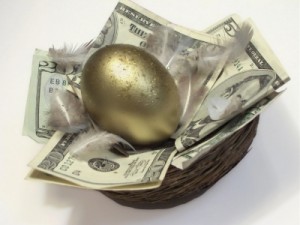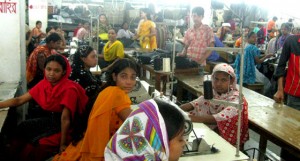The moral hazard exists when people tend to take more risks, knowing that someone else will bear the costs for them, which is a dangerous thinking to our economy because it could cause a fraud and global financial collapse. This state of hazard can be created by laws, contracts and regulations, but the most common example is form the insurance and mortgage industries. A taxes economist, says the moral hazard at its basic level is part of what economist called asymmetric information problem. One part of the transaction has the better information than the other, typically who is seeking for the car insurance knows more about the risk than the company that is providing the insurance. This is a problem for insurance company because people may fake robberies, fire or any kinds of injuries since the insurance company bears the risk. Despite the moral hazard is such a problem for insurance companies and the mortgage industries, government cannot make up a law that wipe these tempting traps out due to several reasons. First of all, there is always a possibility that the bank would want so much collateral or the co-insurance would become so onerous, that all the efforts that made to protect people would ultimately shut the market down, and that all the tools that they used to prevent moral hazard become more complicated that the market just does not work anymore. We can never remove all moral hazard. If we try, we risk eliminating the entire mortgage and insurance industries. Moral hazard can actually be a good thing for the economy. In Canada, bankruptcy is a lot more forgiving than in other countries, which means robbers who fail are not put in a prison for their whole life. According to his research, more lenient the country’s bankruptcy law, the more entrepreneurs’ population.
Monthly Archives: October 2013
Gold V.S. Chickens
Shayne White, a doomsday-prepper, argues that gold maintains its value for thousands of years, whereas Dollars and Euros had collapsed. He argues that we will be able to use the gold for whatever we want to trade with new currency later on. Also, even in short term, gold is good for preparing for any kind of disaster. On the other hand, Lang who owns chicken farm thinks that chickens are more valuable than the gold. She said that even if the stock market is going into severe problems, the chickens will remain its own value. Mainstream economists say the value of gold is different depends on the culture. For example, in India 22K gold is the real gold for them where other people think less than 22K gold is also a real gold. It is part of Indian culture as gold is related to god. Some economists say gold is a great thing to invest because it does not pay interests, dividends like share of stocks, and owners have to pay to store it for physical gold. Gold is a favour for investors who fear other assets such as paper money. However, gold has a disadvantage of being not proactive. Economists thinks that the reason why the price of gold keep rising is that because people with market fears are buying gold hoping that other people with market fears will buy it from them for a higher price. So the value of gold is actually the emotion that we put on it. Also, the preppers are the most extreme example because they continue to buy gold at high prices because they believe it will hold its value at the end of the world. In the doomsday scenario, gold may not be a preferable choice because people will fight for food, water, or shelter instead. Gold lacks utility and is unproductive as it will not grow as physical asset. On the other hand, chicken will give you other chickens; it is intrinsic value.
Sweatshops in Bangladesh
“In Bangladesh, 3.5 million workers in 4,825 garment factories produce goods for export to the global market, principally Europe and North America.”
Offshore labour refers to manufacturing in another country, typically one with lower wages or less strict labor regulations, of products for domestic sale or use. Many businesses use offshore production to take advantage of wage gaps between developing and developed nations, keeping prices low and profits high by lowering labor costs. Sweat shop is a another way of saying offshore labour which they provide unsafe condition and low wages to their workers, but get high profits. Many people say that they would not buy products from sweat shop because the people who are working on this sweat shop are treated terribly and not covered cost of living (unethical policy). If we keep buy products from sweat shop, the companies will hire more people in sweat shop in order to develop and improve their business.
In those poor countries, sweat shop is great and first economic development to step forward because it develops capital investment into the country. In the past, US and England had gone though this first and then Hong Kong, South Korea, and Taiwan have been through sweat shop process too. It is the first step to develop its own country. It is part of process of economic growth. Unfortunately, lots of owners of these factories will go bankrupt if they raise the wages because they hire too many workers.
http://www.waronwant.org/overseas-work/sweatshops-and-plantations/sweatshops-in-bangladesh


